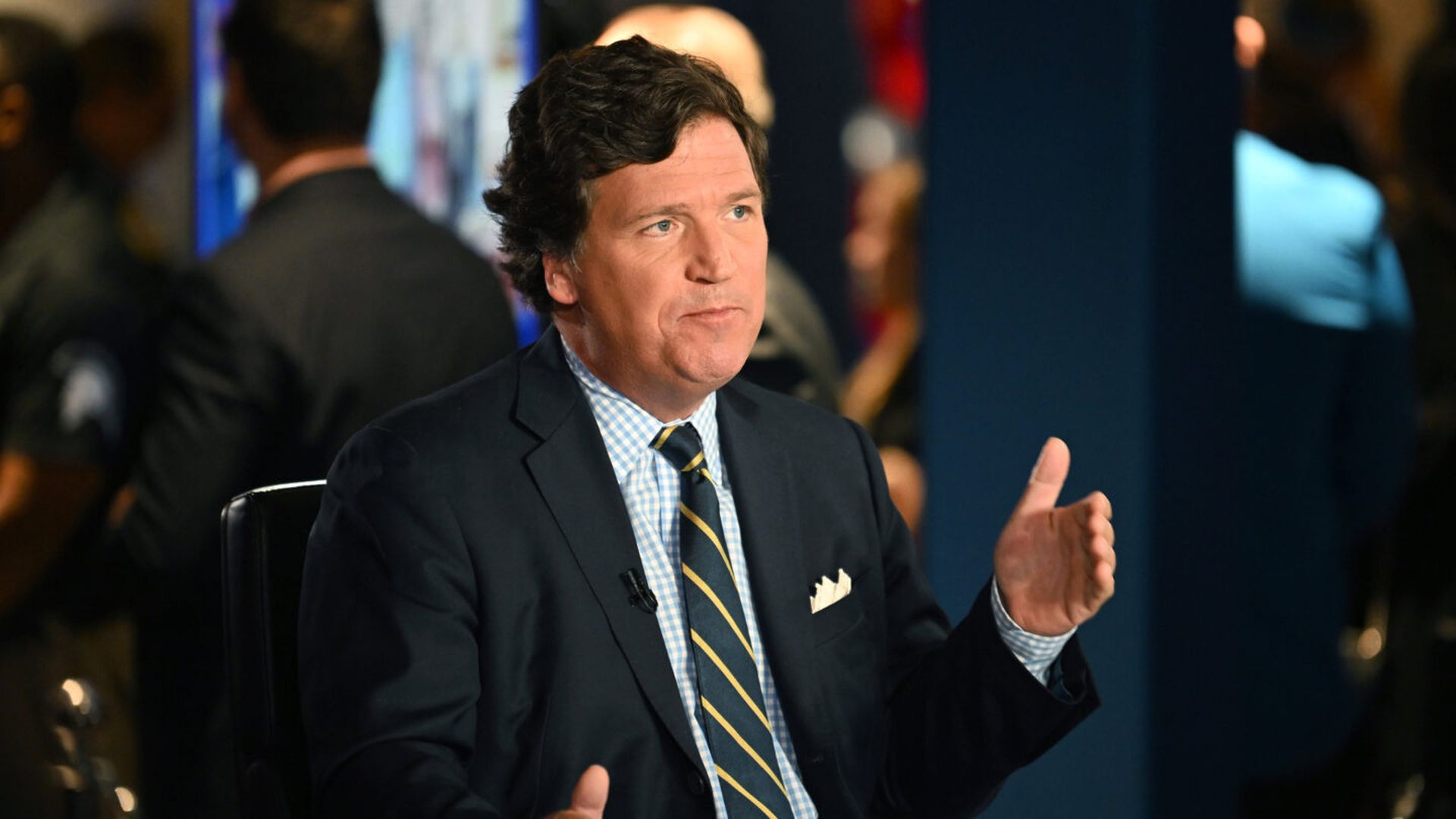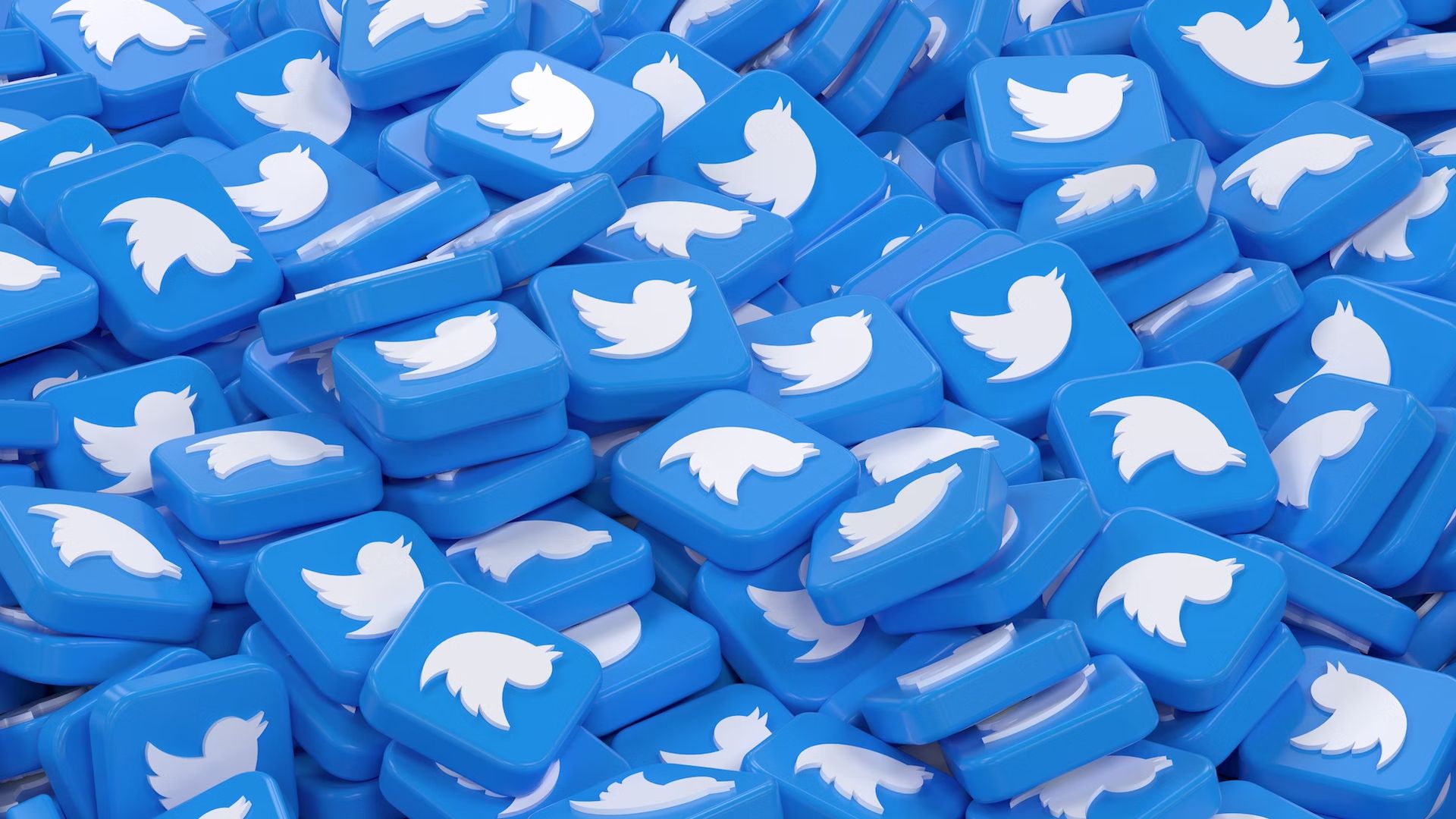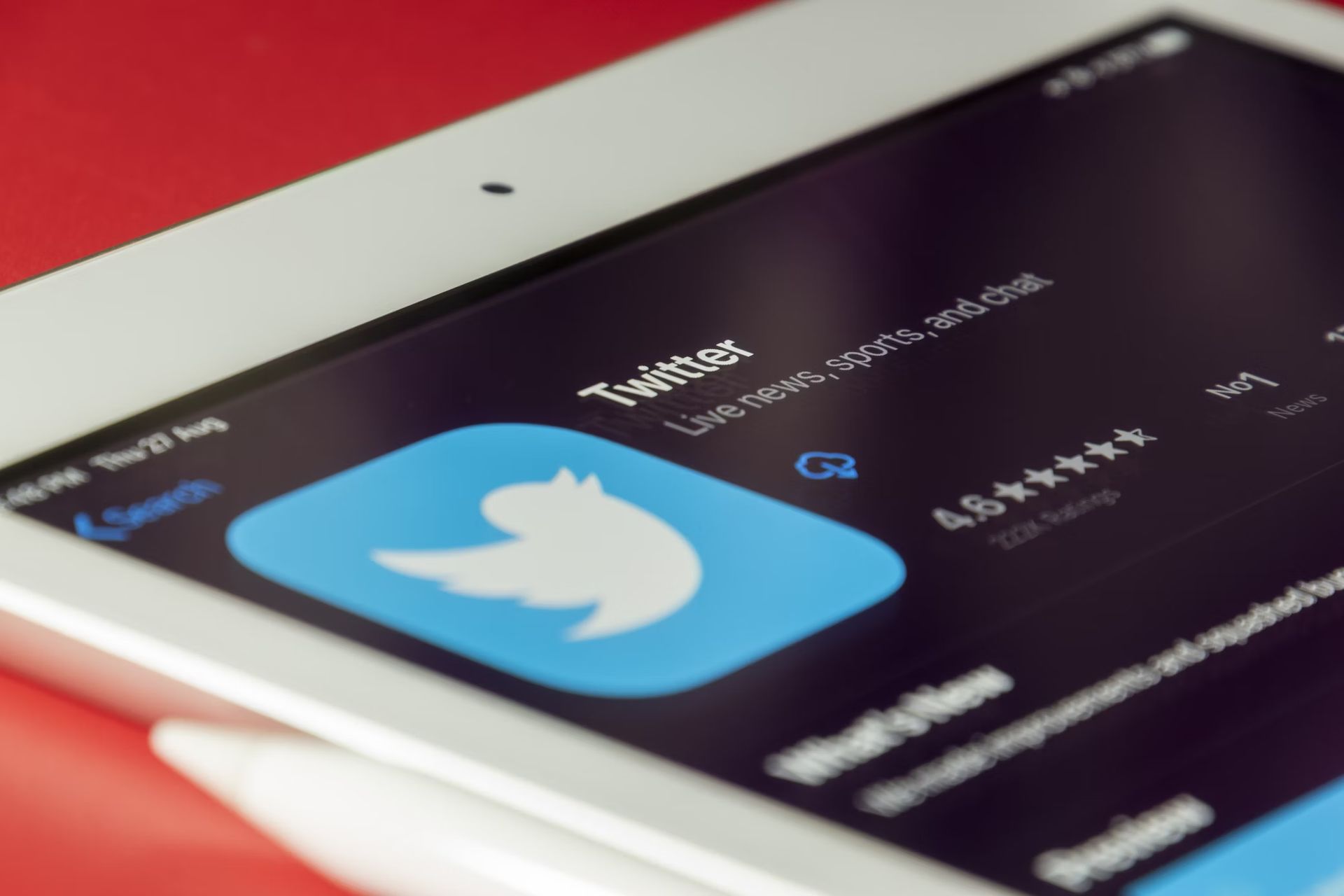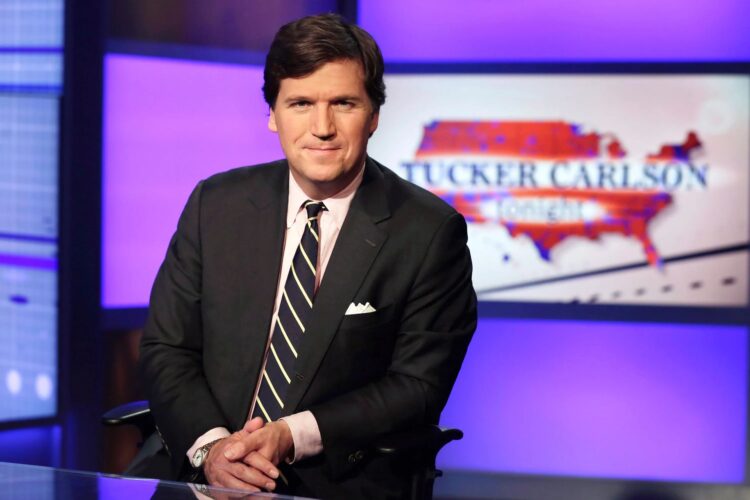Elon Musk’s political inclinations and the trajectory of Twitter have become more evident following a recent announcement. The decision made by controversial conservative commentator, Tucker Carlson, who was recently let go by Fox News, to exclusively air his widely acclaimed show on Twitter, might just be the confirmation needed to affirm Musk’s political leanings.
The Tucker Carlson show on Twitter is set to take advantage of the social network’s newly extended video upload limits and spearhead a new push on the platform. Twitter is hoping that this move will kickstart a shift in content preference toward their app.
The Tucker Carlson show on Twitter has become a topic of conversation among users and advertisers
While this announcement is a major win for the social network, given the popularity of Carlson’s program, which was watched by over three million viewers each night on Fox News prior to its cancellation, it also carries significant risks. Carlson has faced legal scrutiny and investigations over the questionable claims made during his show. Moreover, several advertisers pulled their support from Fox due to the controversial statements and stances taken by Carlson.

Twitter’s advertisers are unlikely to be reassured by this development, given that many have already pulled their support from the platform following Elon Musk’s numerous changes and updates. However, Musk’s priority is to defend the principles of free speech, and he has stated that financial gain is not as significant to him.
Musk clarified that Twitter did not engage in a commercial arrangement with Carlson. The commentator arrived on the platform like any other content creator and is utilizing Twitter’s restructured Subscriptions program to generate income from his work. Nonetheless, it seems plausible that some sort of agreement was reached to secure Carlson’s arrival on the platform, taking into account the production costs for the program.
Creating content exclusively for Twitter could potentially cause Tucker Carlson to breach his non-compete agreement with Fox, resulting in a loss of up to $25 million. Additionally, Carlson is turning down other tempting offers from conservative networks eager to secure the highly rated host’s services.
Previous reports suggested that Musk and Carlson met to discuss partnership opportunities. Despite this, it appears that Carlson is willing to forgo these lucrative opportunities in hopes of amassing enough subscribers on Twitter to offset the potential losses. Perhaps Musk’s persuasive selling of the platform was enough to convince Carlson to commit to the project.

The Tucker Carlson show’s move to Twitter highlights the social network’s clear shift towards conservative politics, a trend that Elon Musk himself has repeatedly endorsed through his tweets and public statements. Previously, Musk has criticized Twitter for being a “Democrat activist machine” under its previous leadership, a bias he has sought to address since assuming control.
Musk has expressed his desire to promote greater balance in political speech and expose users to more content from both sides to foster understanding. However, past research has demonstrated that exposure to opposing political content has not proven to be an effective method for reducing division and tension.
Elon Musk’s concept of balance appears to lean towards promoting more right-wing content. While this is his right, it is unlikely to alleviate advertisers’ concerns or facilitate more nuanced discussions among users, as he has previously stated. As noted by Carlson in his introductory video, this approach does not necessarily address the main issue.
We’re back. pic.twitter.com/sG5t9gr60O
— Tucker Carlson (@TuckerCarlson) May 9, 2023
Journalism should aim to communicate factual information to audiences and provide them with a more accurate understanding of the state of the world. Social media platforms like Twitter play a significant role in this intersection, given their ability to amplify statements to millions or even billions of people. Consequently, there is a responsibility to manage these platforms to mitigate risks, and tough calls have been made in the past, depending on one’s perspective.
Allowing the spread of child abuse material, for instance, is unacceptable because it can directly cause harm. However, what about conspiracy theories regarding the invasion of Ukraine, which could exacerbate harm in the region? Or what about climate change misinformation, which could generate opposition to policies designed to protect the planet? These are the types of challenges social media platforms must contend with when managing content.

In a tweet on Tuesday evening, Elon Musk highlighted the interactive nature of Twitter compared to traditional one-way broadcasting. He noted that Twitter users can engage, criticize, and challenge whatever is said, while anything misleading is flagged with community notes. These notes allow Twitter users to add context or correct factual errors below other tweets, promoting a more informed discourse.





